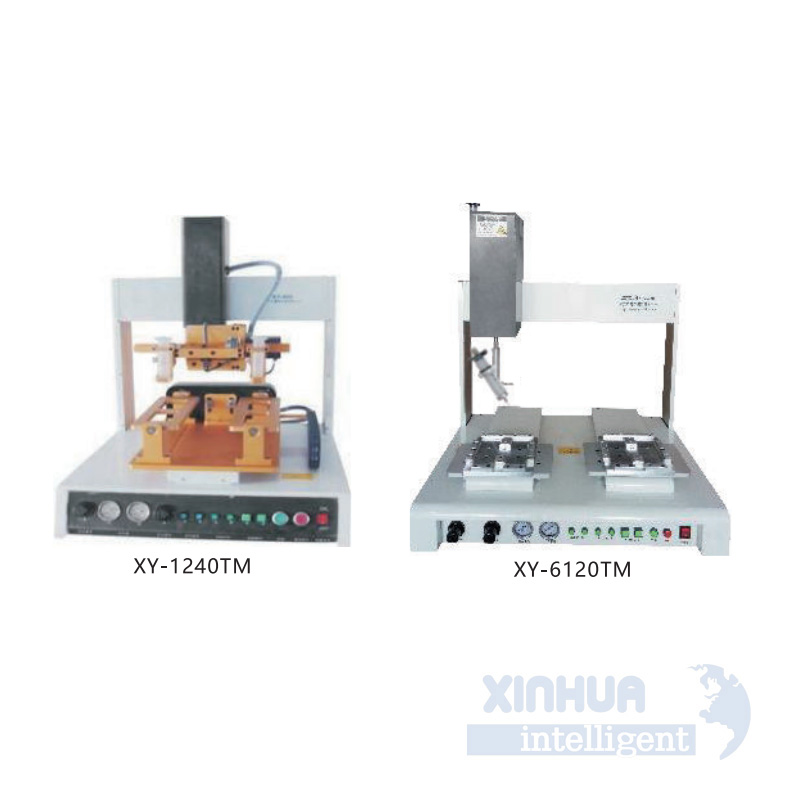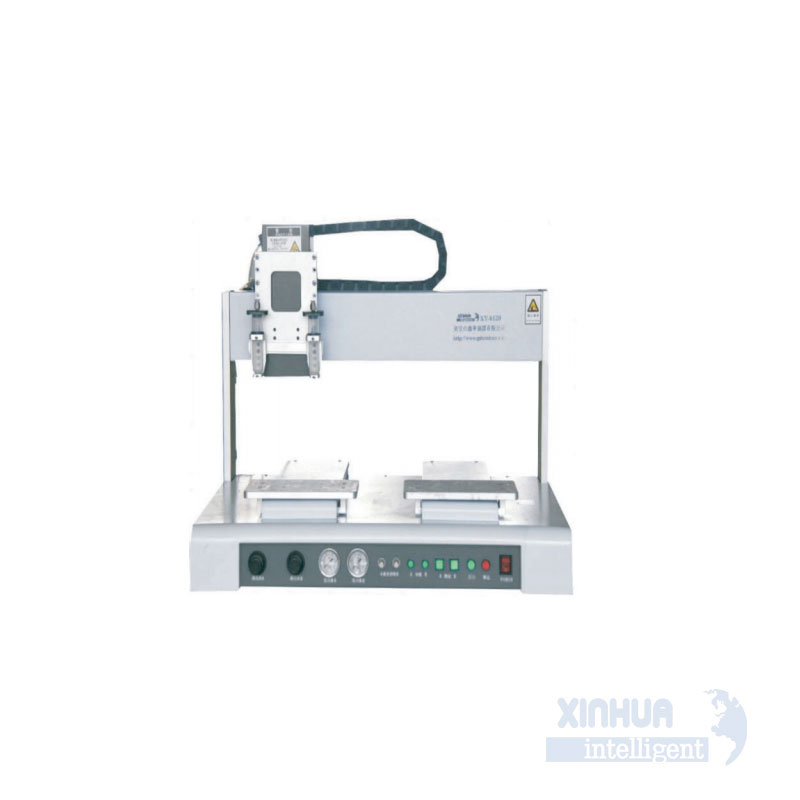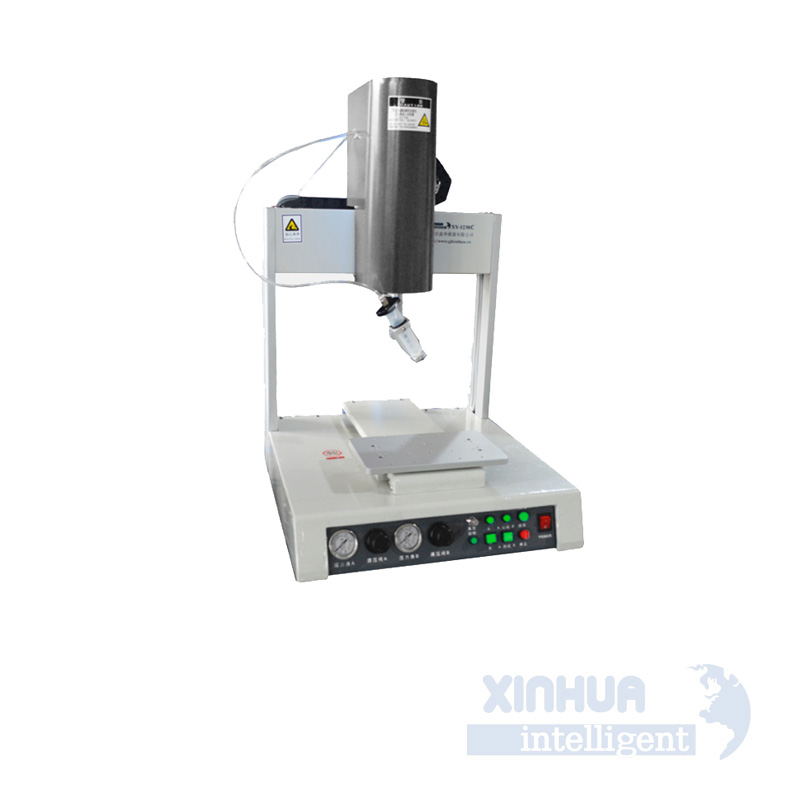
Unlocking Precision: Overcoming Challenges in Herbal Cone Filler Technology
In the evolving landscape of herbal product manufacturing, automation and precision have become critical for maintaining consistency, quality, and efficiency. One of the most specialized areas within this industry is the production of herbal cones—small, cone-shaped herbal products often used in aromatherapy, traditional medicine, and wellness practices.
Central to this process is the herbal cone filler, a piece of automated equipment designed to accurately measure, fill, and shape herbal material into cones. While these machines offer significant advantages over manual production methods, they also come with unique challenges that can impact performance, output quality, and operational efficiency.
This article explores the key pain points associated with herbal cone filler systems, presents practical and technical solutions, discusses real-world applications, and concludes with insights on how partnering with an experienced provider like Xinhua Intelligent can help overcome these hurdles.
—
1. Common Pain Points or Challenges in Herbal Cone Filler Systems
Despite their potential to revolutionize production workflows, herbal cone filler machines are not without their complexities. Manufacturers frequently encounter several recurring issues that can hinder productivity and compromise product quality.
A. Inconsistent Fill Weights and Density
One of the most prevalent challenges is achieving consistent fill weights and densities across batches. Variability in raw herb particle size, moisture content, and flow characteristics can lead to inconsistent dosing. This inconsistency not only affects the potency and user experience of the final product but may also result in regulatory non-compliance if strict dosage standards are required.
B. Material Clogging and Bridging
Herbal materials—especially those with fibrous or irregular textures—can easily cause clogging or bridging within the hopper or filling chamber. These blockages disrupt the flow of material and can halt production entirely until manually cleared, leading to downtime and increased labor costs.
C. Wear and Contamination Risks
Due to the abrasive nature of some herbs and the fine particulate matter generated during processing, filler components such as augers, hoppers, and molds are prone to wear and tear. Additionally, improper cleaning between runs increases the risk of cross-contamination, which is particularly problematic when switching between different herbal blends or allergens.
D. Integration with Existing Production Lines
Many manufacturers struggle with integrating herbal cone filler machines into existing packaging or production lines. Issues such as mismatched speeds, incompatible data systems, or lack of centralized control can reduce overall line efficiency and increase complexity.

E. Operator Training and Maintenance Complexity
Advanced machinery requires skilled operators and maintenance personnel. However, many small to mid-sized producers lack the internal expertise to effectively manage complex filler systems, leading to suboptimal performance and higher error rates.
—
2. Practical and Technical Solutions to Improve Performance
Addressing the above challenges requires a combination of advanced engineering, process optimization, and operator training. Below are several effective strategies currently being adopted by industry leaders.
A. Precision Metering and Adaptive Control Systems
Modern herbal cone filler machines now incorporate high-precision metering systems using load cells or volumetric augers, combined with adaptive control algorithms. These systems continuously monitor fill weight and adjust parameters in real-time based on material behavior, ensuring uniformity across batches.
For example, closed-loop feedback mechanisms can detect variations in density or flow rate and automatically recalibrate the machine’s dispensing mechanism. This reduces human intervention and enhances repeatability.
B. Advanced Material Handling and Anti-Clogging Designs
To mitigate clogging and bridging, manufacturers are adopting vibratory feeders, agitators, and conical hoppers with optimized geometries. Some machines feature ultrasonic debridging systems that use high-frequency vibrations to break up compacted material and maintain smooth flow.
Additionally, selecting the right auger type—such as variable-pitch or anti-static augers—can significantly improve handling of difficult-to-process herbs.
C. Use of Food-Grade and Corrosion-Resistant Materials
To combat wear and contamination risks, leading filler systems are constructed from 304 stainless steel and other food-grade materials that resist corrosion and facilitate thorough cleaning. Quick-disassembly features allow for easy access to internal components, reducing cleaning time and minimizing residue buildup.
Some models also include Clean-in-Place (CIP) systems that automate the cleaning process, further reducing the risk of cross-contamination.
D. Seamless Integration with Packaging and ERP Systems
To streamline operations, modern herbal cone filler machines are increasingly equipped with PLC-based control systems and Industry 4.0 connectivity options. These allow integration with upstream and downstream equipment, including conveyors, labelers, and packaging systems.
Moreover, compatibility with MES (Manufacturing Execution Systems) and ERP platforms enables real-time monitoring, batch tracking, and remote diagnostics, improving traceability and compliance.
E. Comprehensive Training and Predictive Maintenance
Partnering with a manufacturer that offers operator training programs and predictive maintenance services can dramatically improve uptime and system longevity. Features like condition monitoring sensors and remote support capabilities enable early detection of potential failures and proactive servicing.
Training should cover safe operation, troubleshooting common issues, and proper sanitation protocols to ensure consistent product quality and regulatory compliance.
—
3. Real-World Applications and Industry Use Cases
The versatility of herbal cone filler technology has led to its adoption across various industries, each with specific requirements and benefits.
A. Traditional Chinese Medicine (TCM)
In TCM, herbal cones are commonly used in moxibustion therapy, where dried herbs are burned near acupuncture points to stimulate healing. Automated filler machines ensure precise dosing of medicinal herbs such as mugwort, allowing practitioners to rely on standardized treatment protocols.
B. Aromatherapy and Wellness Products
Wellness brands producing herbal cones for aromatherapy benefit from high-speed, accurate filling systems that maintain the integrity of essential oils and volatile compounds. These machines support the creation of premium, aromatic products tailored to consumer preferences.
C. Cannabis and CBD Industries
With the legalization of cannabis and hemp-derived products in many regions, herbal cone filler machines are being adapted to handle cannabinoid-rich biomass. These systems must meet stringent safety and hygiene standards while preserving the active ingredients during processing.

D. Research and Development Facilities
Pharmaceutical research labs and botanical research centers use semi-automated cone fillers to produce controlled batches for clinical studies or formulation testing. The ability to precisely replicate conditions is crucial for scientific validity.
—
4. Conclusion and Call to Action: Partner with Xinhua Intelligent for Reliable Herbal Cone Filling Solutions
Navigating the complexities of herbal cone filler technology requires more than just machinery—it demands innovation, precision engineering, and deep domain expertise. As the demand for natural and holistic health products continues to grow, so does the need for reliable, scalable, and compliant filling solutions.
Xinhua Intelligent stands at the forefront of intelligent manufacturing, offering cutting-edge herbal cone filler systems tailored to the needs of modern herbal product producers. Our solutions combine advanced metering technologies, hygienic design principles, and smart automation capabilities to deliver unmatched accuracy, efficiency, and ease of integration.
Whether you’re scaling up a small-batch operation or optimizing a large-scale production facility, Xinhua Intelligent provides end-to-end support—from initial consultation and system design to installation, training, and ongoing maintenance.
Don’t let equipment limitations hold back your growth. Discover how Xinhua Intelligent can transform your herbal cone production line with smart, sustainable, and future-ready technology.
👉 [Contact Us Today]() to schedule a consultation or request a demo of our latest herbal cone filler systems.
—

Keywords: Herbal Cone Filler, Herbal Processing Equipment, Herbal Manufacturing, Xinhua Intelligent, Automation in Herbal Production, Herbal Product Line, Cone Filling Machine
